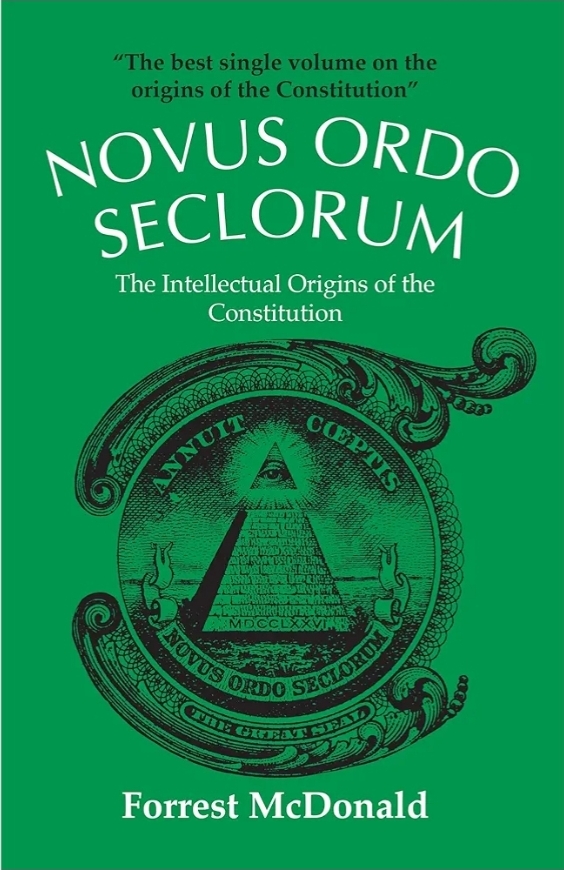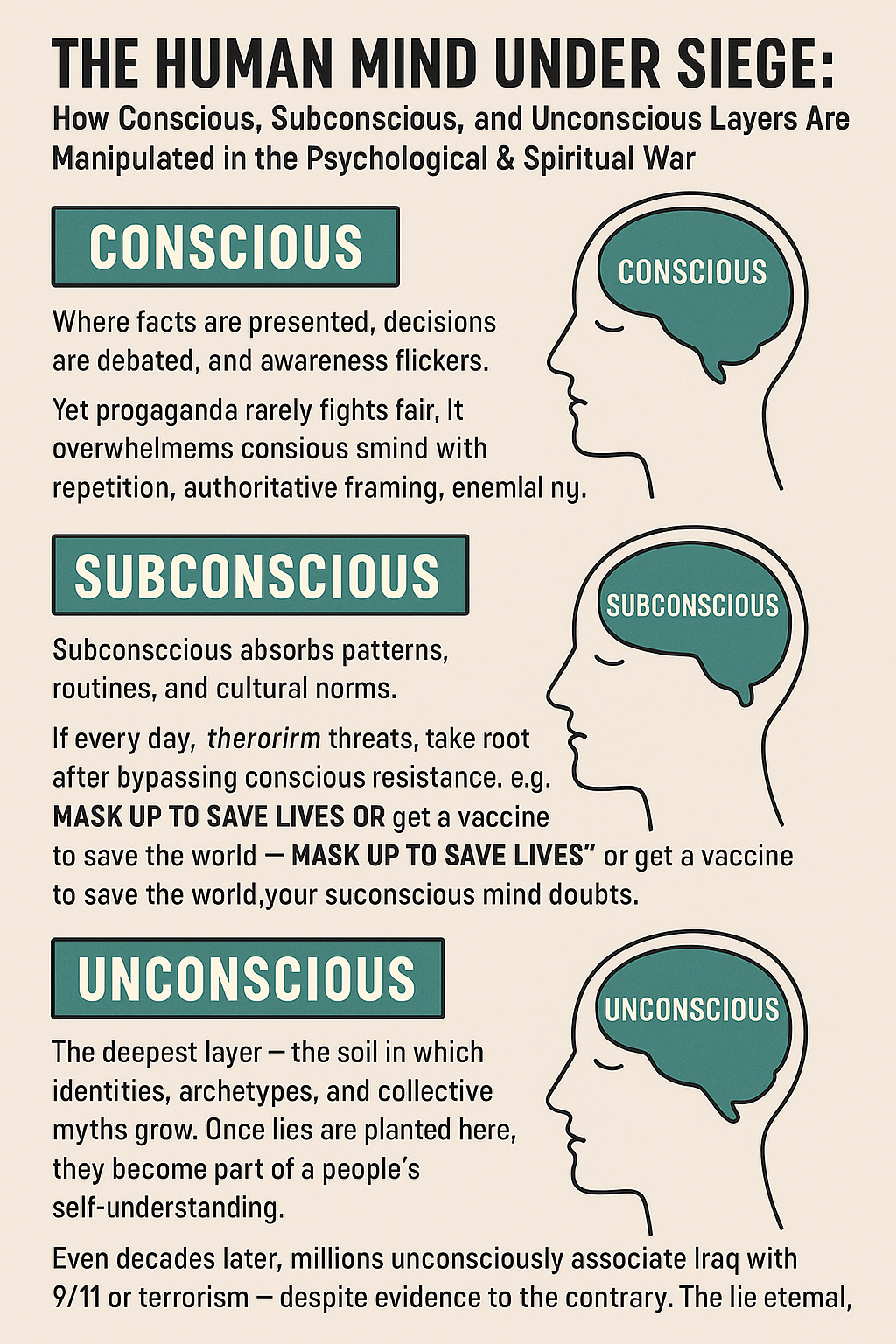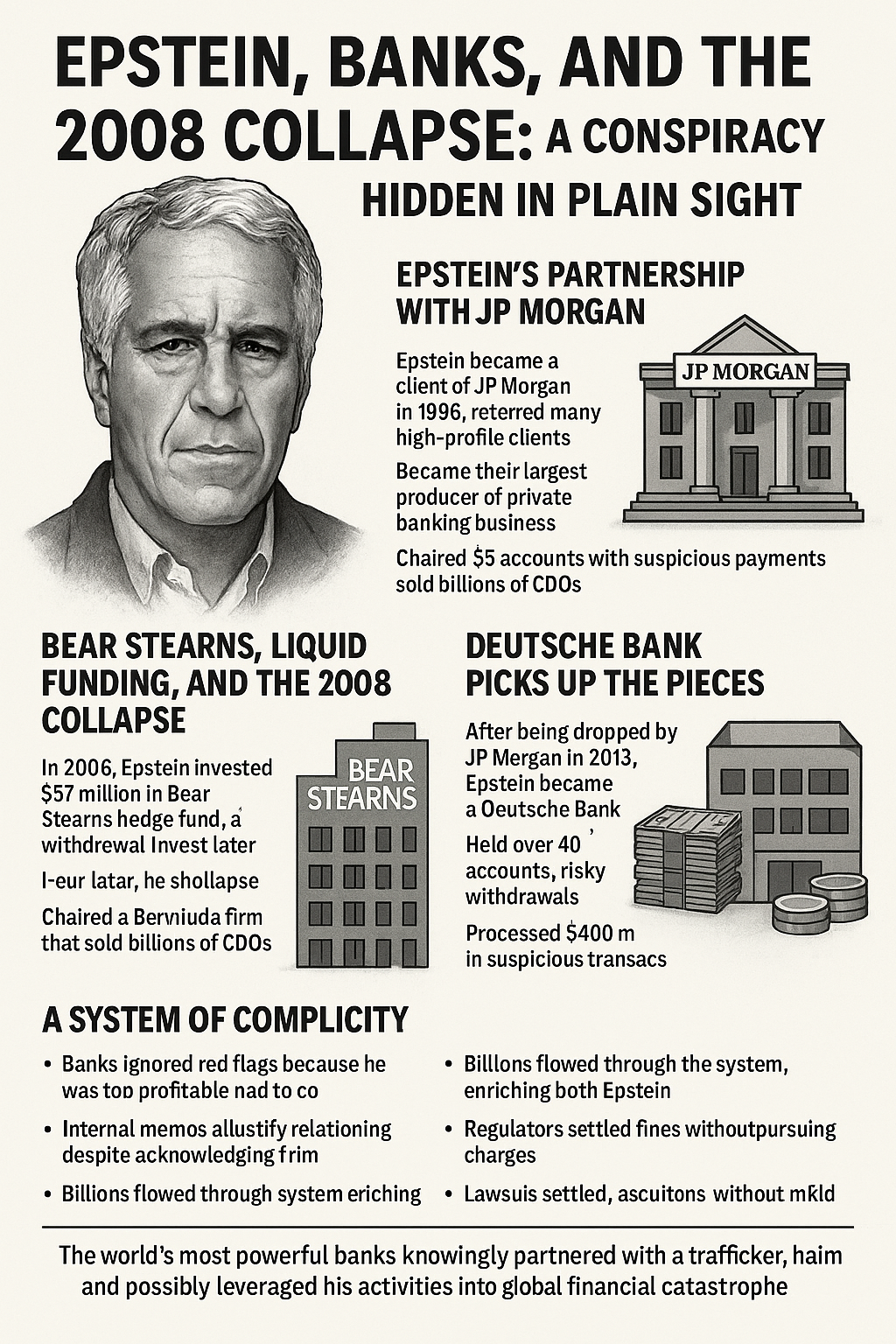Forrest McDonald’s Novus Ordo Seclorum: The Intellectual Origins of the Constitution is a comprehensive examination of the philosophical, political, and historical ideas that shaped the creation of the U.S. Constitution. The title, Novus Ordo Seclorum, meaning “New Order of the Ages,” reflects the belief that the United States, through its Constitution, was creating a fundamentally new form of government based on the principles of republicanism and popular sovereignty.
Key Themes and Concepts:
Intellectual Foundations of the Constitution: McDonald traces the intellectual roots of the Constitution back to a variety of sources, including classical political philosophy, English common law, and Enlightenment thought. He explores how the framers were influenced by thinkers like John Locke, Montesquieu, and David Hume, as well as by historical examples from the Roman Republic and other ancient civilizations. This mix of intellectual traditions helped the framers develop a government that balanced liberty with order.
The Role of History in Constitutional Design: McDonald emphasizes that the framers were deeply influenced by their understanding of history. They were particularly concerned with the failures of past republics and sought to avoid the problems of instability, tyranny, and factionalism. The Constitution’s system of checks and balances, separation of powers, and federalism was designed to address these concerns by limiting the concentration of power and ensuring that no one branch of government could dominate the others.
Republicanism and Virtue: A key theme in McDonald’s work is the framers’ commitment to republicanism, a form of government in which the people elect representatives to govern on their behalf. Republicanism was seen as a way to preserve individual liberty while maintaining a stable government. However, the framers also believed that the success of a republic depended on the virtue of its citizens and leaders. They feared that corruption, self-interest, and factionalism could undermine the republic if citizens were not committed to the common good.
Federalism and the Balance of Power: McDonald explores the debates over federalism that took place during the Constitutional Convention. The framers had to strike a balance between a strong central government and the independence of the states. They wanted to create a government that could address national problems, such as defense and commerce, while preserving the autonomy of the states in other areas. McDonald details how this balance was achieved through the structure of the Constitution, particularly the division of powers between the federal and state governments.
The Influence of the American Revolution: McDonald argues that the Constitution was not only a product of intellectual ideas but also a response to the experiences of the American Revolution and the weaknesses of the Articles of Confederation. The framers were determined to create a stronger national government that could address the issues that had arisen under the Articles, such as the inability to raise revenue, regulate commerce, or maintain order. At the same time, they were committed to preserving the revolutionary ideals of liberty and self-government.
The Problem of Faction: One of the major concerns of the framers, as McDonald highlights, was the problem of faction—the tendency of groups with opposing interests to pursue their own agendas at the expense of the public good. James Madison, in particular, was deeply influenced by this concern, and it shaped his contributions to the Constitution, including the creation of a large republic and the system of representation as mechanisms to mitigate the effects of factionalism.
Economic Influences on the Constitution: McDonald also examines the economic influences on the framers’ thinking. Many of the framers, including Alexander Hamilton, believed that a strong national government was necessary to promote economic growth, protect property rights, and ensure stability. They designed the Constitution to create a stable environment for commerce and investment, including provisions for the regulation of interstate commerce and the protection of contracts.
The Constitution as a Practical Document: While McDonald emphasizes the intellectual origins of the Constitution, he also argues that the document was the result of practical compromise. The framers were pragmatic statesmen who had to navigate competing interests and concerns. The Constitution was a product of negotiation and compromise, particularly on contentious issues such as slavery, representation, and the powers of the executive.
Conclusion:
Forrest McDonald’s Novus Ordo Seclorum: The Intellectual Origins of the Constitution is a deeply researched and thorough exploration of the ideas and experiences that shaped the U.S. Constitution. McDonald highlights the blend of classical republicanism, Enlightenment thought, and pragmatic concerns that influenced the framers as they sought to create a new form of government capable of addressing the challenges of the new nation.
The book is essential reading for anyone interested in the intellectual history of the American founding and the principles that underlie the U.S. Constitution. McDonald provides a detailed and nuanced account of the intellectual debates and historical experiences that informed the drafting of the Constitution, offering readers a deeper understanding of the document’s enduring significance.







